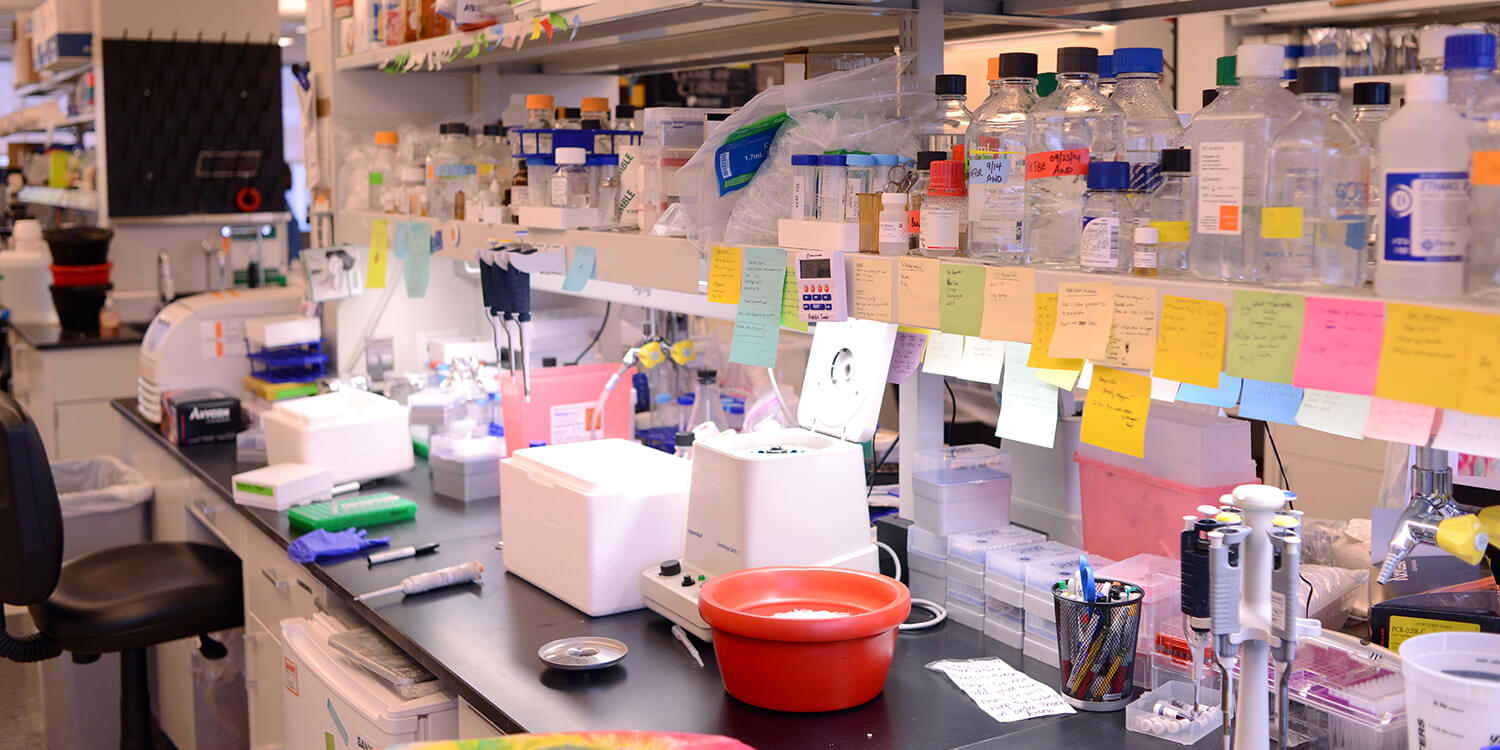How Veterinary Testing Supports the Health of Dogs and Cats
How Veterinary Testing Supports the Health of Dogs and Cats
Blog Article
Companion animals are invaluable, and maintaining their vitality is essential. Testing facilities for pets are invaluable resources in identifying health issues for our four-legged friends.
Here, we’ll explore the benefits of testing for dogs and cats and review key diagnostic services.
How Do Veterinary Laboratories Work?
Diagnostic labs for pets focus on testing for evaluating pet health. They help veterinarians to ensure timely interventions.

Their process usually includes:
- Collecting pet health data: Health markers are collected at clinics.
- Sample examination: Modern technology evaluate the samples.
- Diagnostic reports: Data supports treatments for better care.
Common Veterinary Tests for Dogs and Cats
Pets benefit from a range of diagnostic services to monitor overall health. Routine diagnostics include:
- Blood analysis: Assess organ function.
- Bladder and kidney checks: Identify dehydration.
- Gut health screenings: Monitor intestinal health.
- Sensitivity screens: Identify irritants.
- Structural health assessments: Spot fractures or injuries.
laboratorio para exames de animais
The Benefits of Veterinary Testing
Routine diagnostics helps catch problems early. By identifying issues early, your pets can recover faster.

Why diagnostics matter include:
- Better disease management: Vets can tailor treatments.
- Saving on future treatments: Ongoing health is monitored affordably.
- Confidence in care: Regular tests keep you informed.
laboratório de análises veterináriaslaboratório de análises clínicas veterinárias
The Value of Diagnostics for Pet Owners
Pet health labs ensure pets get the best care possible. With regular lab evaluations, you protect their well-being.
Make pet health a priority and support their wellness every step of the way!
Report this page